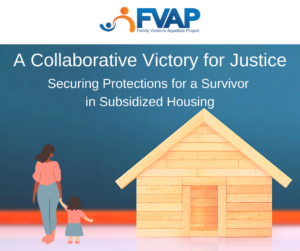The case of State v. Sanchez is significant for survivors because it acknowledges coercive control within a criminal context. It also advances public policy to protect survivors in both criminal and civil courts by recognizing that witness tampering is a form of control. This case does the following:
- Expands domestic violence protections for survivors by categorizing witness tampering as a crime eligible for a domestic violence designation.
- Links witness tampering closely to coercive and controlling behavior, which is recognized as a form of domestic violence under RCW 7.105.010.
Congratulations to WA summer law clerks Jerrald Callanta and James Taylor for their work on this matter. And, thank you to the 7 domestic violence organizations who joined our publication request.


